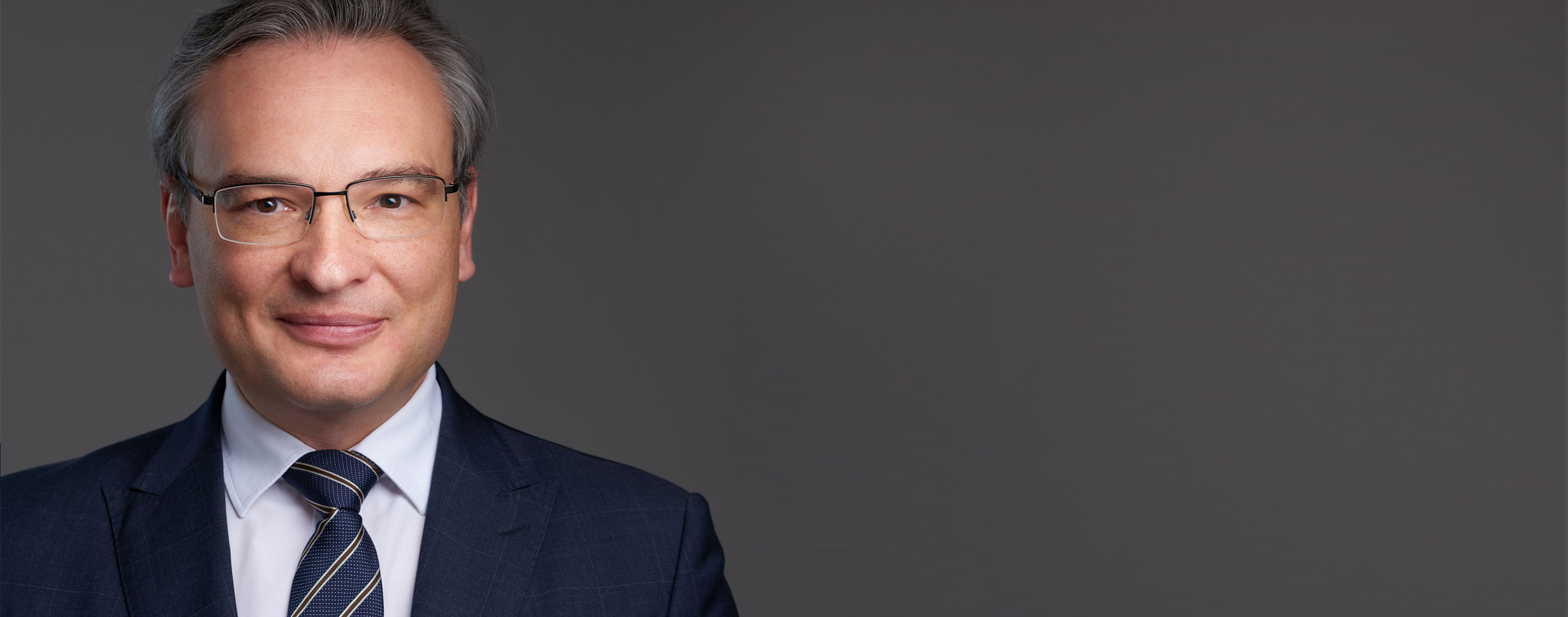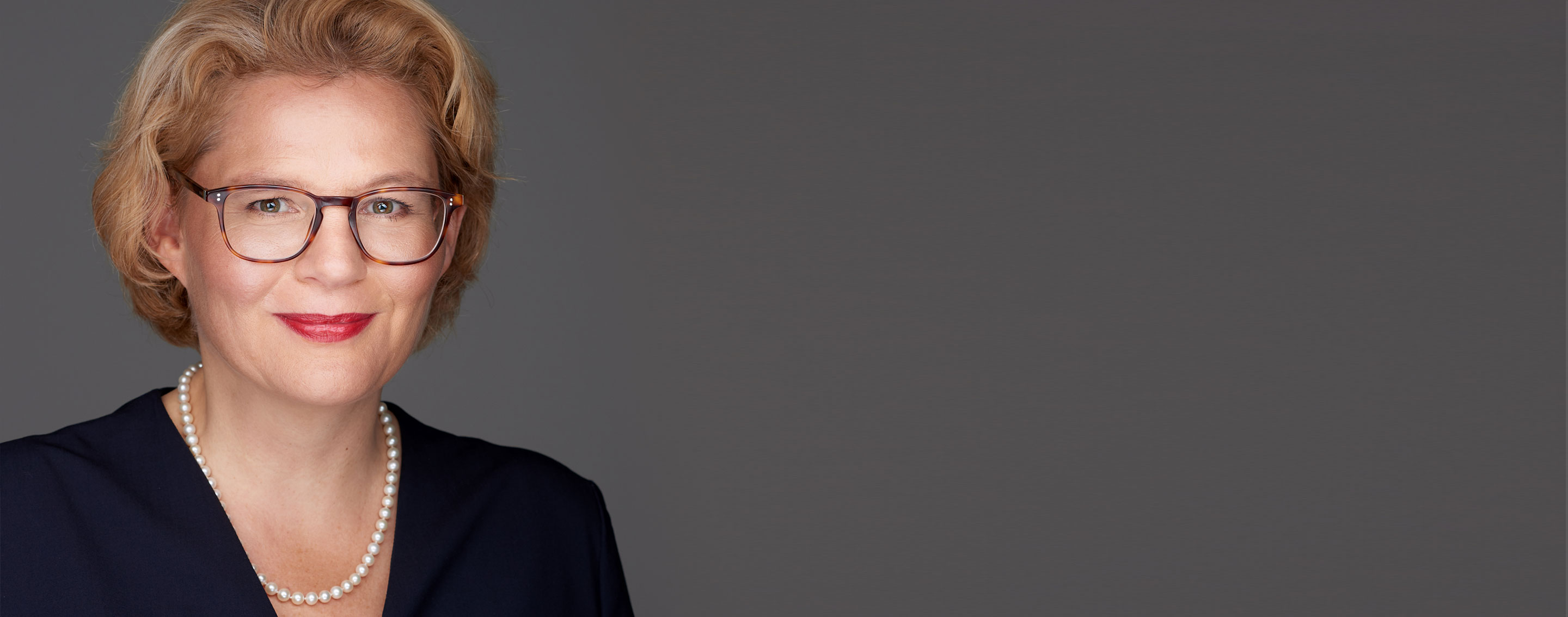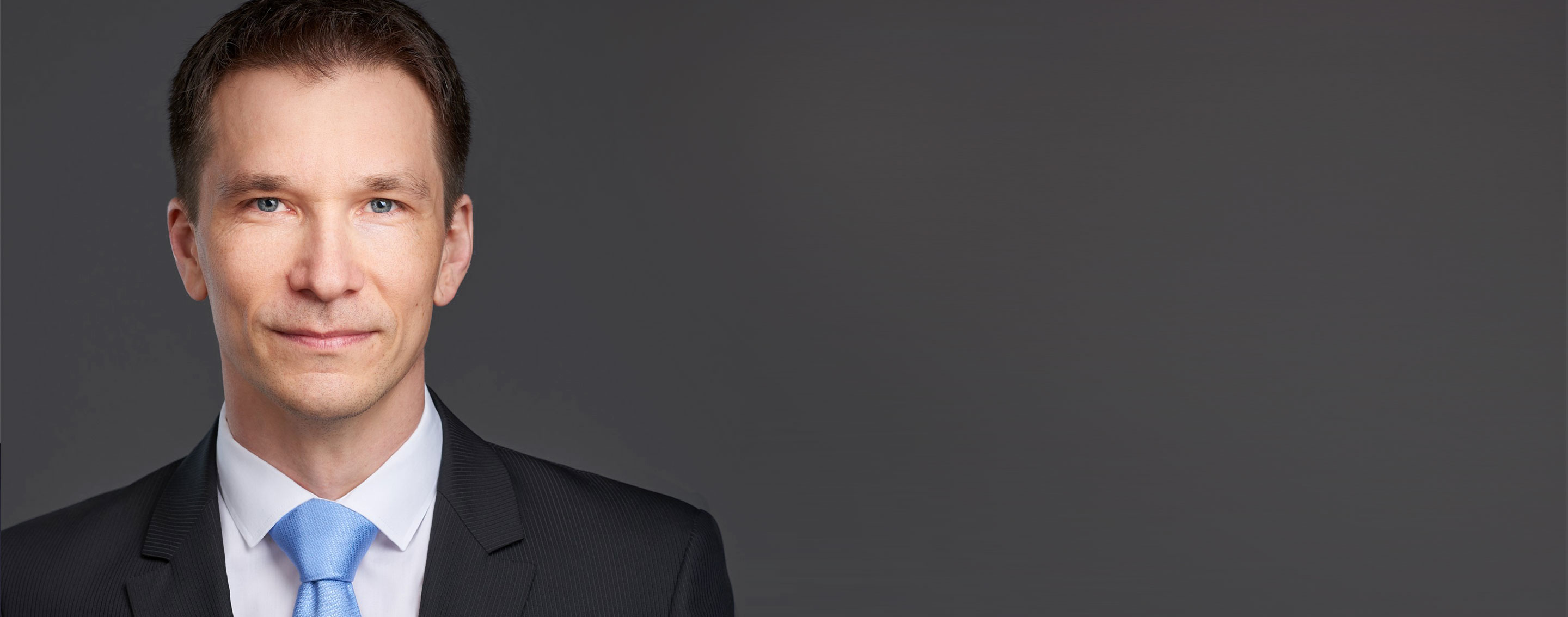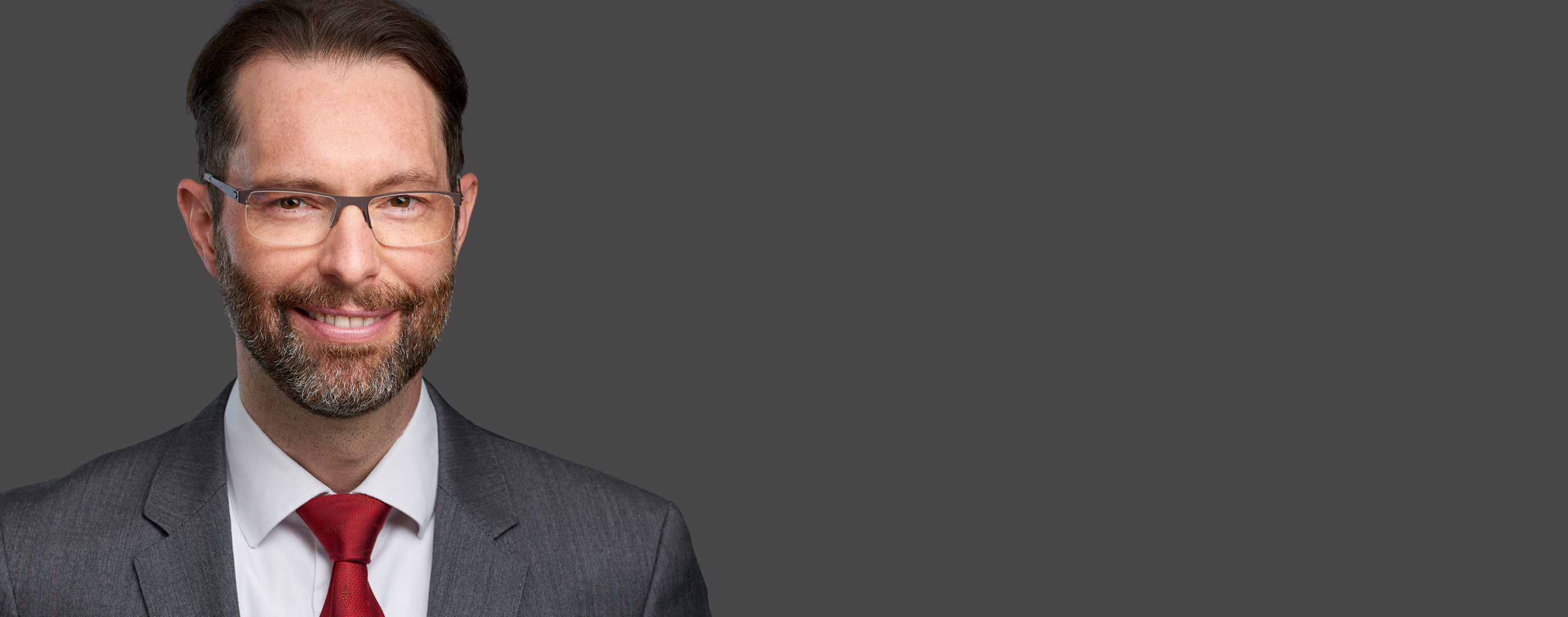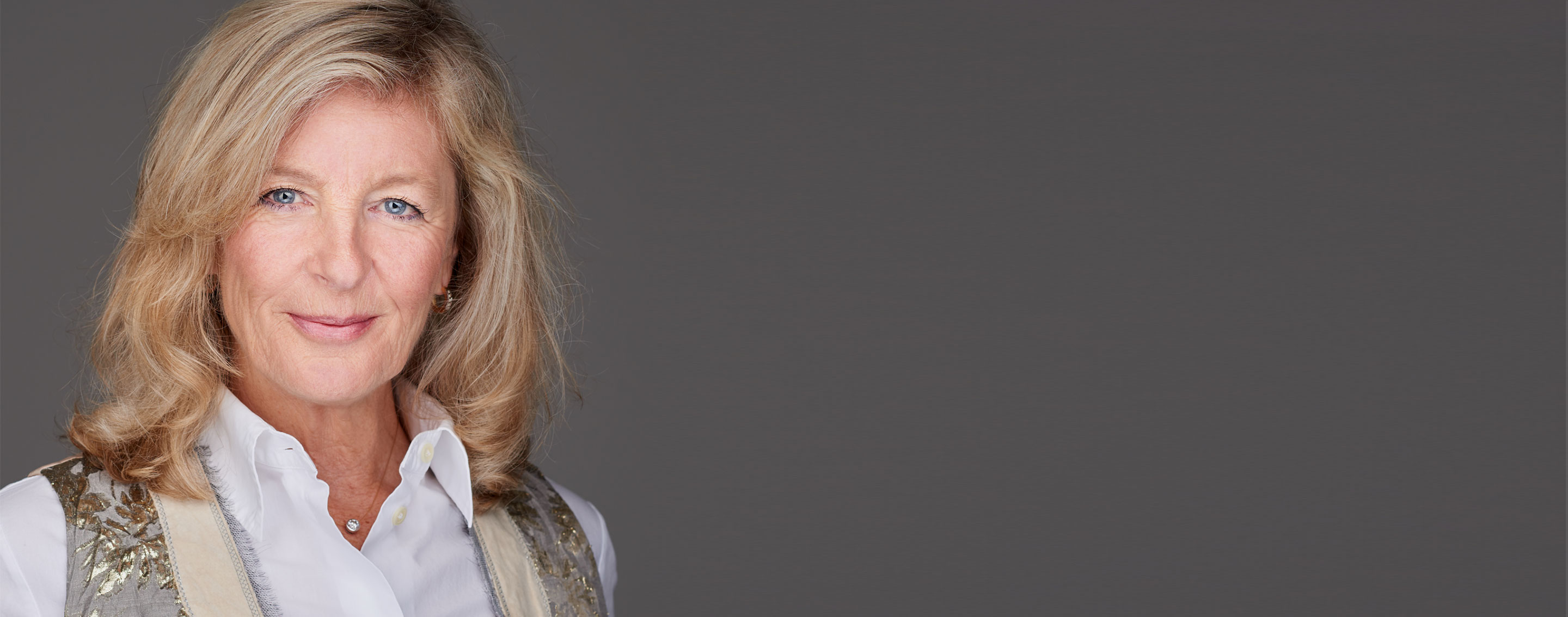Protection of industrial property and copyrights is a complex and demanding legal field, but also
affords multifaceted opportunities. Our experienced in-house and external patent attorneys and attorneys at law
contribute thorough expertise in this field and together with you, will develop the perfect protection of your
intellectual property:
1. For technical inventions,
the application for a patent and/or utility model.
As early as at the application stage, we make sure that they are designed in such as
manner as to be able to defend effectively against potential copycats. Each and every word, even each and
every punctuation mark in the wording of the claims may make a significant difference with regard to the
scope of protection of the patent or of the utility model.
2. By virtue of law,
aesthetic models may be protected by copyright without an application.
In view of the jurisprudence of the courts, which is not always consistent, with regard
to "concept of work" and/or the "individuality/level of originality" a certain risk remains as to whether
the actual aesthetic model really fulfills the requirements of copyright protection. In this and in other
cases, it may be reasonable to apply for design protection with the German Patent and Trade Mark Office
(Deutsches Patent- und Markenamt, DPMA) and/or for protection as a community design with the European Union
Intellectual Property Office (EUIPO) and internationally via the World Intellectual Property Organization
(WIPO) or our foreign communicating attorneys.
3. The greatest economic value
of a company is usually their company symbols and trademarks.
This is also due to the fact that the trademark is the only property right that can be
renewed again and again (every 10 years). Before you decide on the application for a trademark –
whether as a German trade mark and/or an EU trade mark, international mark or foreign national mark –
there are important issues that need to be considered and verified. The designation should not be too
descriptive for the relevant products – even though from a marketing perspective, this would be most
welcome. In this case, the designation will be rejected for entry in the register of trademarks due to the
existence of absolute grounds for refusal. Also, whether or not prior rights exist needs to be verified, as
they can be used as a basis to attack the trademark in opposition or revocation proceedings. Once the
trademark is registered, it is sensible to have the subsequent trademark registrations monitored and, where
necessary, to file oppositions in order to counter any weakening of the distinctiveness.
4. In some constellations,
intellectual property rights simply do not take hold, whatever the reasons.
However, this does not mean that it is impossible to defend against unfair imitation. In
this case, the ancillary copyrights protected under competitive law in accordance with section 4(3) of the
Unfair Competition Act (Gesetz gegen den unlauteren Wettbewerb, UWG) may be a remedy, provided the
conditions under which claims can be raised are met. The Act on the Protection of Trade Secrets (Gesetz zum
Schutz von Geschäftsgeheimnissen, GeschGehG) may also be of help if the protection of know-how is topical.
In addition to the optimal protection of your intellectual property, comprising the development of
interdisciplinary property right strategies (research, expert opinions or freedom-to-operate analyses) and the
maintenance of international portfolios, we will support you in the enforcement or defeat of individual property
rights, including the coordination of complex international disputes, such as R&D, trademark differentiation or
license agreements. We conduct and coordinate your infringement proceedings before court, including opposition
or revocation proceedings or national and cross-national global patent infringement proceedings on both sides
(attack and defense). We have comprehensive and well-founded experience in the enforcement of license programs
and the defense against them, including but not limited to issues relating to SEPs and FRAND.
In addition to the traditional protection of industrial property, we also offer counseling
regarding select issues in media law, including without limitation regarding general protection of personal
rights, the right to one's own image (section 22 et seq. of the Act concerning Copyrights to Works of Fine Art
and Photography (Gesetz betreffend das Urheberrecht an Werken der bildenden Künste und der Photographie, KUG)
and the right to one's own name (section 12 of the German Civil Code (Bürgerliches Gesetzbuch, BGB).
